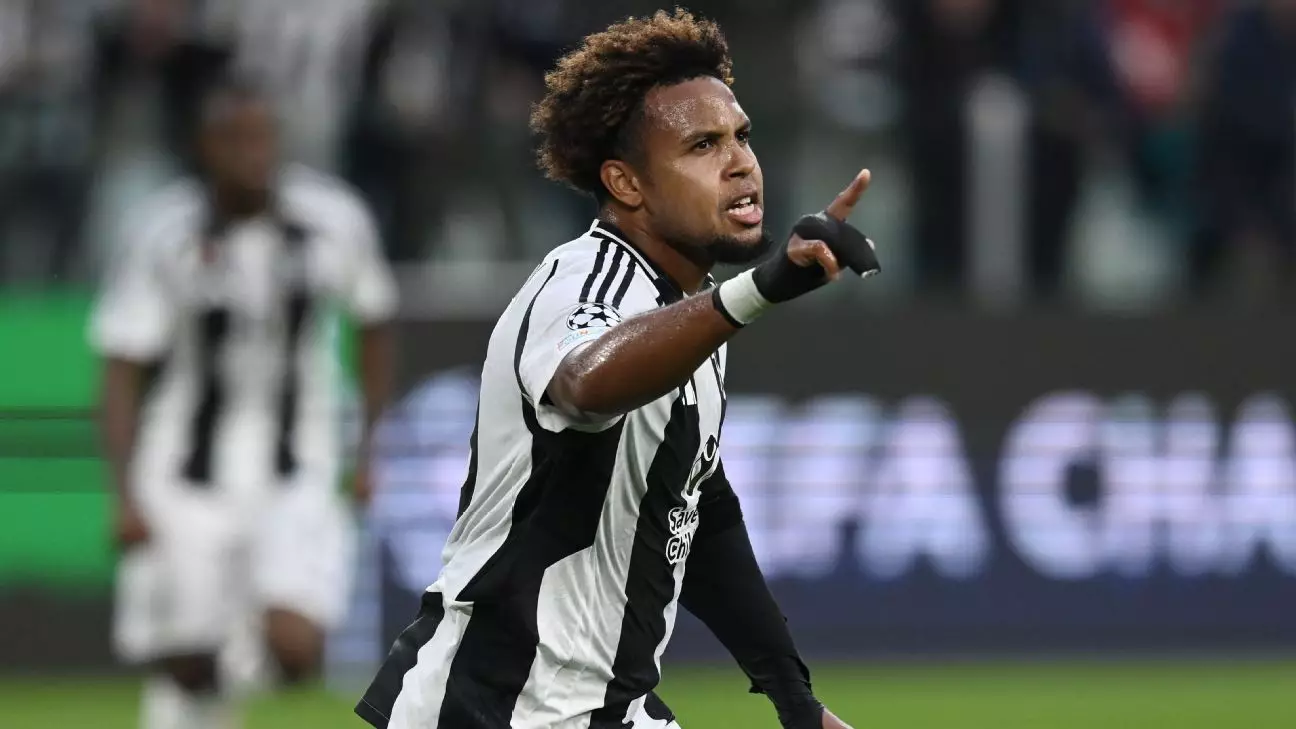The 2024-25 UEFA Champions League has kicked off with a fresh format, marking a significant shift in Europe’s most prestigious club football competition. Conclusively, matchday one was a spectacle filled with action, highlighting the resilience of traditional powerhouses like Real Madrid and Manchester City, while other elite teams, including Bayern Munich and Paris Saint-Germain, cemented their dominance on the European stage. As teams adapt to this new competition structure, many questions arise about the potential for drastic differences in match outcomes, the implications of blowouts, and tactics for securing qualification.
The notion of teams running up scores is not a new discussion in football, particularly in a league format like the Champions League. Among the pundits, there appears to be a consensus that high-scoring matches are inherent to the nature of such a competitive environment. Mark Ogden expressed that in league settings, particularly where goal difference may play a pivotal role in determining standings, teams should not shy away from significant victories. Conversely, the sentiment shifts when addressing knockout rounds, where maintaining respect for less fortunate opponents is vital.
The debate surrounding this topic highlights cultural differences in sport. For some, aggressive gameplay until the final whistle is seen as a testament to professionalism, while for others, restraint may present an opportunity to show empathy for the opponent. Drawing examples from past Champions League encounters, Ogden and Gab Marcotti emphasized that lopsided scores had existed long before the current format. However, the question remains: will increased opportunities for goals this season prompt teams to push for even larger margins?
This season’s new competition format introduces a dynamic previously unexplored in the Champions League—affording teams greater chances to rotate squads and manage player fitness levels. This raises questions about the competitive integrity of the tournament. While formidable teams like Manchester City and Real Madrid can afford such luxuries, lesser teams may not have the same depth, often resulting in mismatched contests.
Ogden notes that the new structure allows clubs to ease into matches, largely confident they can navigate through to the knockout phase. In contrast, Marcotti cautions against underestimating the importance of seeding. Teams that habitually rotate their lineup, such as Inter Milan, may find themselves at an advantage. This unique balance showcases how strategy could evolve within this new model, impacting performance and results.
Amid this tactical landscape, standout performances can redirect attention. Christian Pulisic’s stellar goal for AC Milan against Liverpool demonstrated the high-stakes environment of this competition, even amidst a lackluster overall performance. His ability to deliver under pressure is a promising sign for both club and country. Meanwhile, Weston McKennie’s goal for Juventus highlighted his growth and determination, symbolizing the fierce competition where players are fighting for a seat at the table.
However, not all performances were met with acclaim. Ogden pointed to Real Madrid’s victory over Stuttgart as a stark reminder that even celebrated teams are not immune to criticism. The lauded squad was expected to dominate but struggled at times, relying heavily on Thibaut Courtois’ exceptional saves to secure three points. This raises concerns about the current state of their squad synergy, especially with high-flying stars like Kylian Mbappé and Vinícius Júnior yet to find their rhythm.
In this inaugural matchday, some teams exhibited extraordinary performances that deserve recognition. Celtic’s impressive victory showcased what Champions League nights mean for clubs outside the typical winners’ circle. Their success not only invigorated their squad but also inspired their fanbase, encapsulating the spirit of competition. Conversely, the heart-wrenching loss for Stuttgart highlights the unpredictable nature of the tournament. Though they did not secure points, their courageous approach was compelling and vividly illustrated the elusive quality of ‘football is a game of inches.’
The dismal showing from AC Milan against Liverpool also stands out as a missed opportunity. Once a titan of European football, their current decline paints a poignant picture against the backdrop of other clubs rising to the occasion. This juxtaposition of successes and failures provides a deeper view of the tournament’s competitive landscape—one where even prestigious clubs can falter amidst lofty expectations.
The opening chapter of the 2024-25 UEFA Champions League sets an intriguing stage—one filled with compelling narratives and evolving dynamics. As teams navigate the new format, the balance between competitive ambition and sportsmanship will likely dictate how unforgettable this season becomes. The dialogue surrounding high-scoring games and individual performances signifies a league that remains unpredictable and exhilarating, capturing the hearts of fans around the world.
